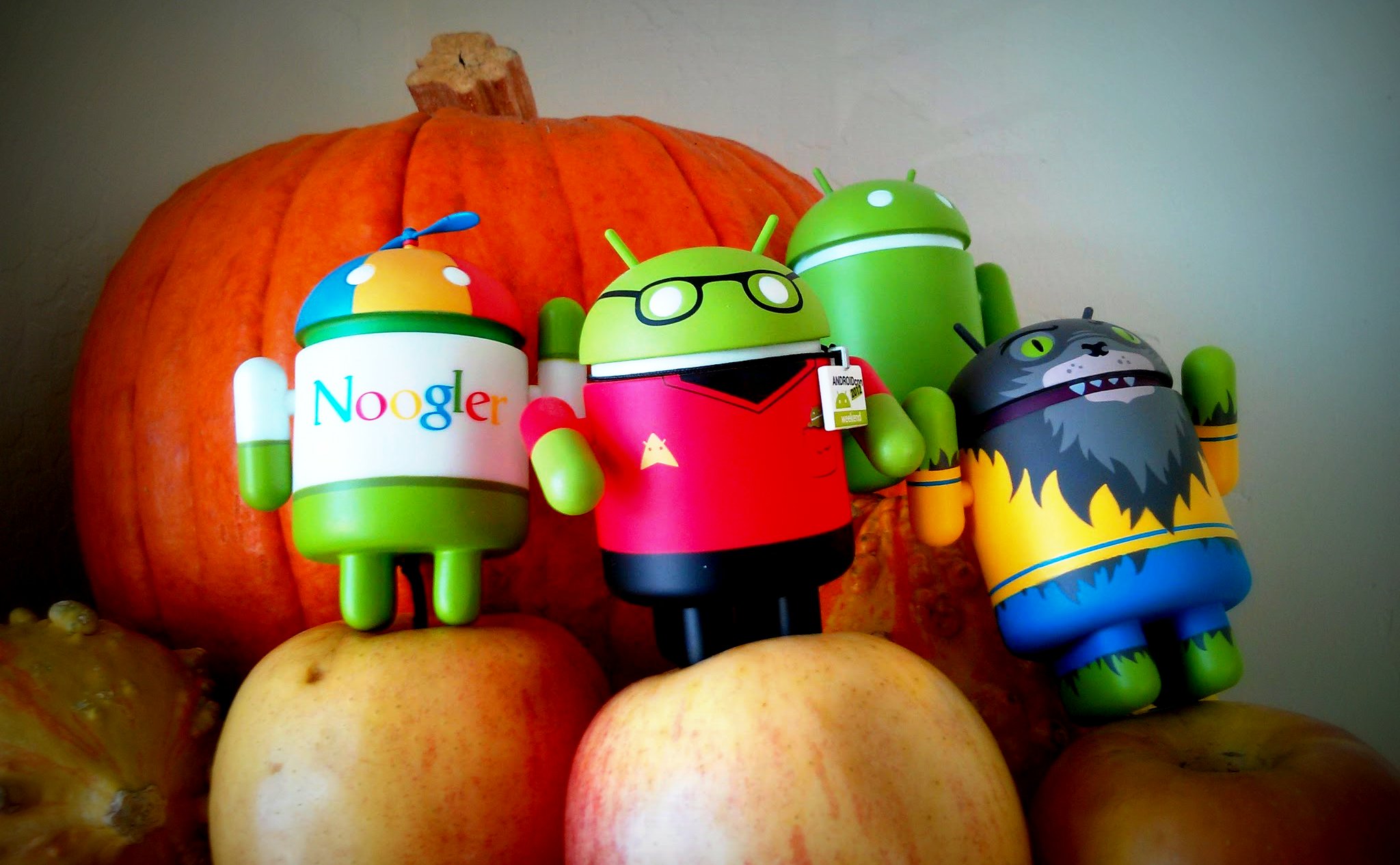
Eight things Google should be thankful for in 2012
US Thanksgiving is a time for reflection on the year behind, with plenty of time to ponder resolutions for January 1st. Yesterday, I posted about the things Microsoft should be grateful for in 2012. Today, I followed up with another, for Google. For consistency's sake, the list numbers eight, in line with Microsoft's, for which I chose to hat-tip Windows 8.
The list is by no means comprehensive, just some things that stand ahead of others -- and it is organized from least to most important. Google had a great year, perhaps the best ever. Few companies released more innovative products, affecting so many people and building such positive brand awareness.
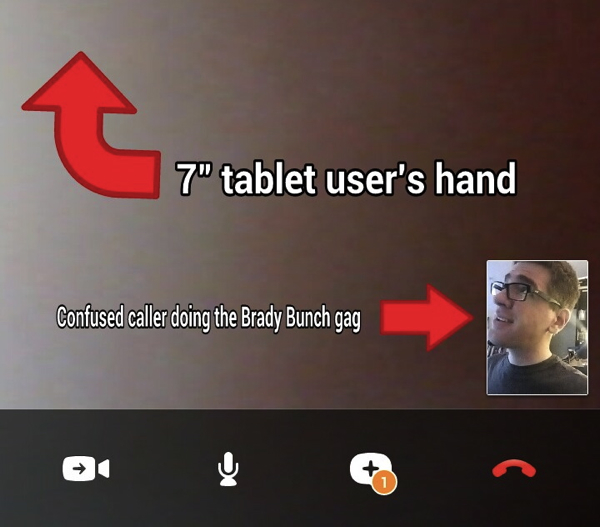
Skype: Please don't force 7-inch tablet users into landscape mode for video chats, it's dumb
Yesterday, Skype released the tablet-optimized Skype 3.0 for Android, bringing not only support for larger screen sizes, but also the new SILK audio codec which promises improved audio fidelity over previous versions of the application.
After testing it for the last 24 hours, we can say it's a smooth app and we haven't experienced any significant problems with it. Except one, and it's simultaneously a big deal and a stupid little detail.
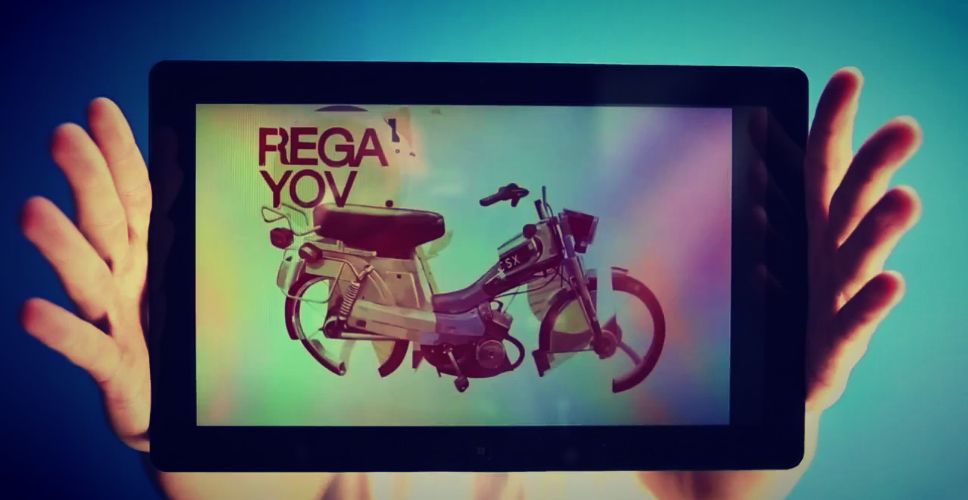
Windows 8: Weak on tablets, terrible for PCs
I write this on my new least-favorite operating system: Windows 8. I knew when installing that I would have to use it as my sole OS. Spending equal amounts of time in Windows 7 and 8 (occasionally dipping into Ubuntu) just wouldn’t have worked. Windows 8 is a very different beast and takes time to master properly, and I knew I couldn’t do that if running its predecessor, too. This was the problem I had with the early releases of Windows 8 -- I just wasn’t committed enough.
This total immersion has worked well for me. Using Windows 8 is now a breeze. I zip around using keyboard shortcuts where possible, and I jump between the desktop and Modern UI without thinking about it. But here’s the thing: I still don’t like Windows 8.

Eight things Microsoft should be thankful for in 2012
Another Thanksgiving arrives here in the United States, and some people consider what they have to be grateful for. I celebrate by talking turkey, not just eating it, about the companies I cover. It's tradition, going back to 2006, that I present the things Microsoft should be grateful for.
Last year, 11 items made the list, keeping with the 2011 theme. For 2012, I reduce the list to eight; my hat tip of respect to Windows 8, which launched nearly a month ago. There are many more things Microsoft could be grateful for, but I chose some that might not readily come to mind. The list goes from least to most important.
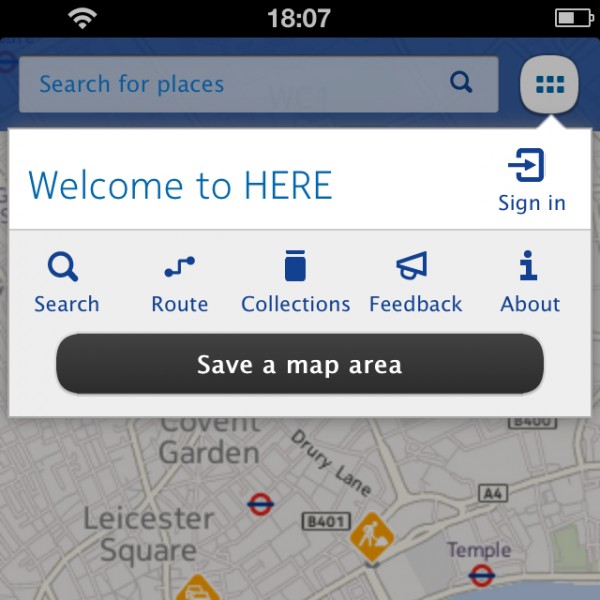
Nokia HERE for iOS will get you where you want to go [review]
If you want to get directions on an iOS device, you have two main options. 1) use Apple’s built-in mapping app to go to somewhere other than intended, potentially risking your life and the lives of your passengers along the way, or 2) fire up the mobile version of Google Maps, which is good but not as great as the old app that vanished when Apple decided its users would be better off with sketchy, featureless maps and inaccurate directions.
Thankfully, while Apple’s map team is trying to push its Toyota Prius out of a field that should be a freeway, and Google is still putting the finishing touches to its shiny new Maps app, Nokia has arrived to save the day with HERE, a mapping and location service powered by NAVTEQ data (as used in the majority of in-car navigation systems).
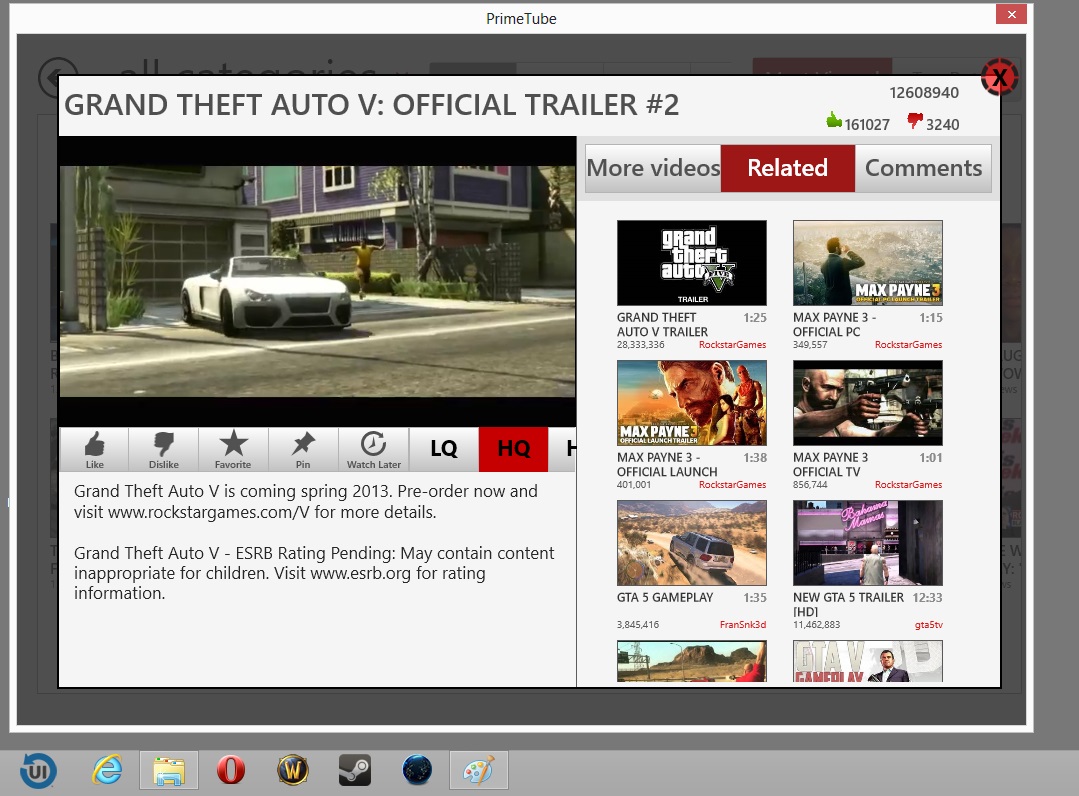
RetroUI Pro: Run Windows 8 Store Apps on the desktop
If you do not like the Windows 8 Start screen, you can bypass it easily with a few simple modifications or by installing a program that handles that for you. If you miss the Start menu on the desktop, you can get that back as well by installing a program like Start8 or Classic Shell that also handle the redirecting and mapping of shortcuts keys for you if you want.
RetroUI Pro is another Start menu program for Windows 8. It looks different than the others as you can see from the photo, but on first glance, it is just another Start menu for the operating system.
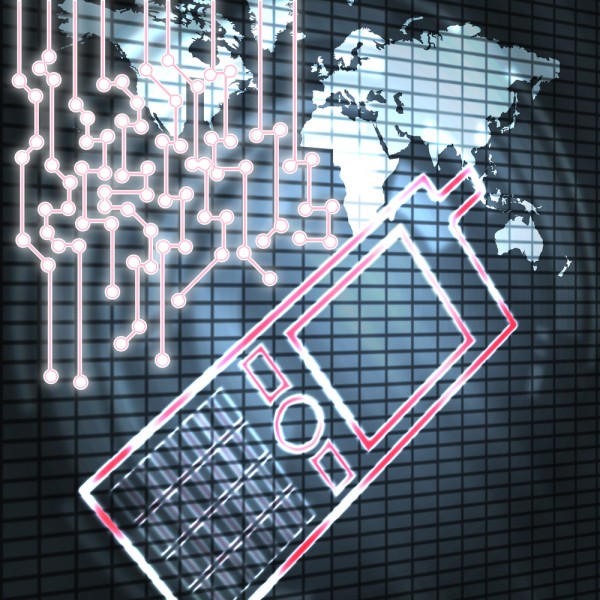
What the world's poorer nations can teach YOU about technology
In the last few weeks we’ve been bombarded with a series of really important new hardware or software announcements. Take your pick: iPad mini, Nexus 4 and Surface among many, many, many more. Commentary is relentless from so-called official pundits and overly excited users --what in the days of paper would have deforested an area of the planet the size of Brazil.
You know what? None of it really matters. For all the noise about what these multi-billion dollar companies make, none of them has produced anything really new. We’ve seen no paradigm shifts. No Big Ideas. Nothing that will really change our lives in any way at all. It’s all been like putting racing wheels on the family car. Looks great, but doesn’t actually achieve anything real. Absolutely, our daily lives in the West have changed in extraordinary ways by this technology as compared to, say, 1990. But not 2012. Has the tide reached its high point? Does IT innovation really matter any more?
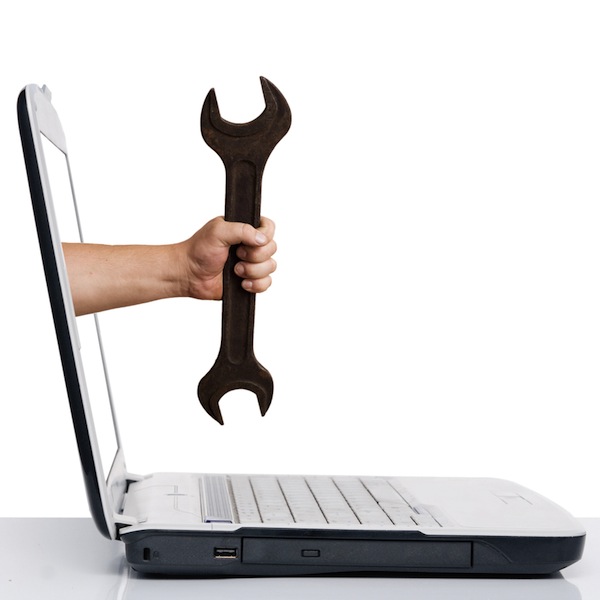
Turn Windows 8 into a powerful tool
Windows 8 is the least intuitive and the most controversial operating system released by Microsoft in years. In my review I said that Windows 8 is "more suited for early adopters rather than everyone" because of usability issues encountered during my time with it. However as with most problems there is a convenient solution and it involves the classic keyboard and mouse.
Windows 8 is still designed to be operated the old fashioned way, even though the focus is now on touch devices. Microsoft tried to please both desktop and tablet users, but the former are actually disadvantaged because of it. Instead of using a crippled operating system by always going to the desktop tile or shutting down via the power plug, I will present how to use some of the newly introduced features using the keyboard and mouse.

Windows 8 is not a failure
Three weeks have passed since Microsoft released Windows 8 to the public and there already is chatter on the Internet that the operating system is a failure. There are rumors that sales are not as good as Microsoft hoped they would be, and the leaving of Steven Sinofsky certainly adds fuel to the Internet rumor mill.
I do not want to write about sales and projections because frankly, we do not have any data from Microsoft or other sources that can be used for an analysis of the system's financial success or failure. What we know is that Microsoft sold 4 million upgrades of the operating system in the first three days after release. It is not surprising that updates sell like hot cake, considering that they are heavily discounted until January 31, 2013 and that Microsoft charges the same upgrade price regardless of the previously used operating system. What we can do however is to look at the operating system from a user's point of view.
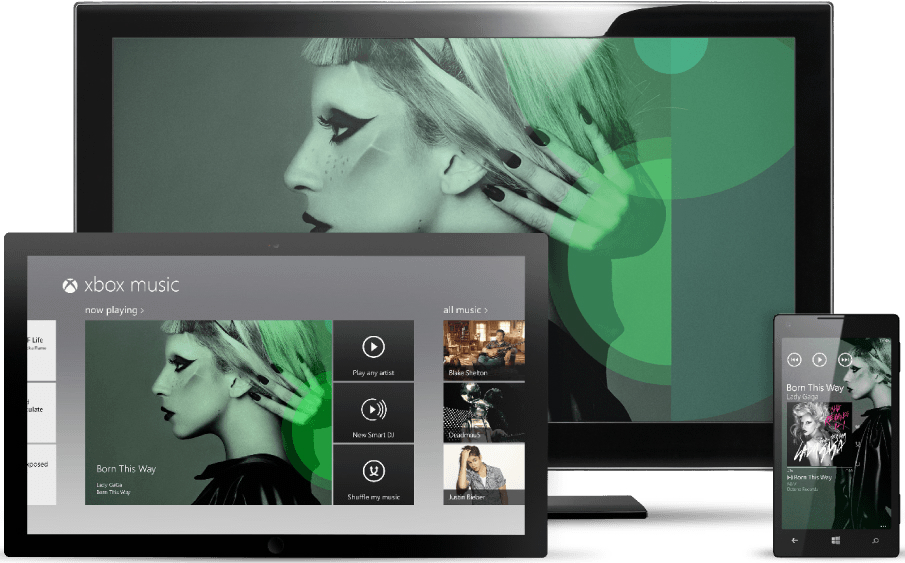
Xbox Music is an epic failure
I had great hopes for Xbox Music when announced in October. It’s essentially the best of Spotify, iTunes, Amazon, and Google music services all wrapped up into one. But the sheer number of problems with this initial offering leaves myself and others in complete disappointment.
Xbox Music replaces Zune on Windows 8, Windows Phone 8, and the Xbox 360. The service includes the ability to purchase music a la carte, stream or download songs (via Xbox Music Pass subscription for $9.99 per month), sync playlists across devices, access a music locker, and more. Any tunes you purchase from the Xbox Music store, or playlists you create, sync across devices. Well, that's the idea, except, it’s not working for some people.

The cloud ate my homework: Why I plan to use more physical backups instead of fewer
This week was big for consumer cloud storage services, Dropbox passed 100 million users, Box rolled out an overhauled Android app, while Microsoft's SkyDrive got new selective sync and simpler sharing functionality.
In addition to all of the news, I had one of those personal moments where cloud storage kind of saved my ass this week. But where the cloud helped me immensely, it didn't save everything.
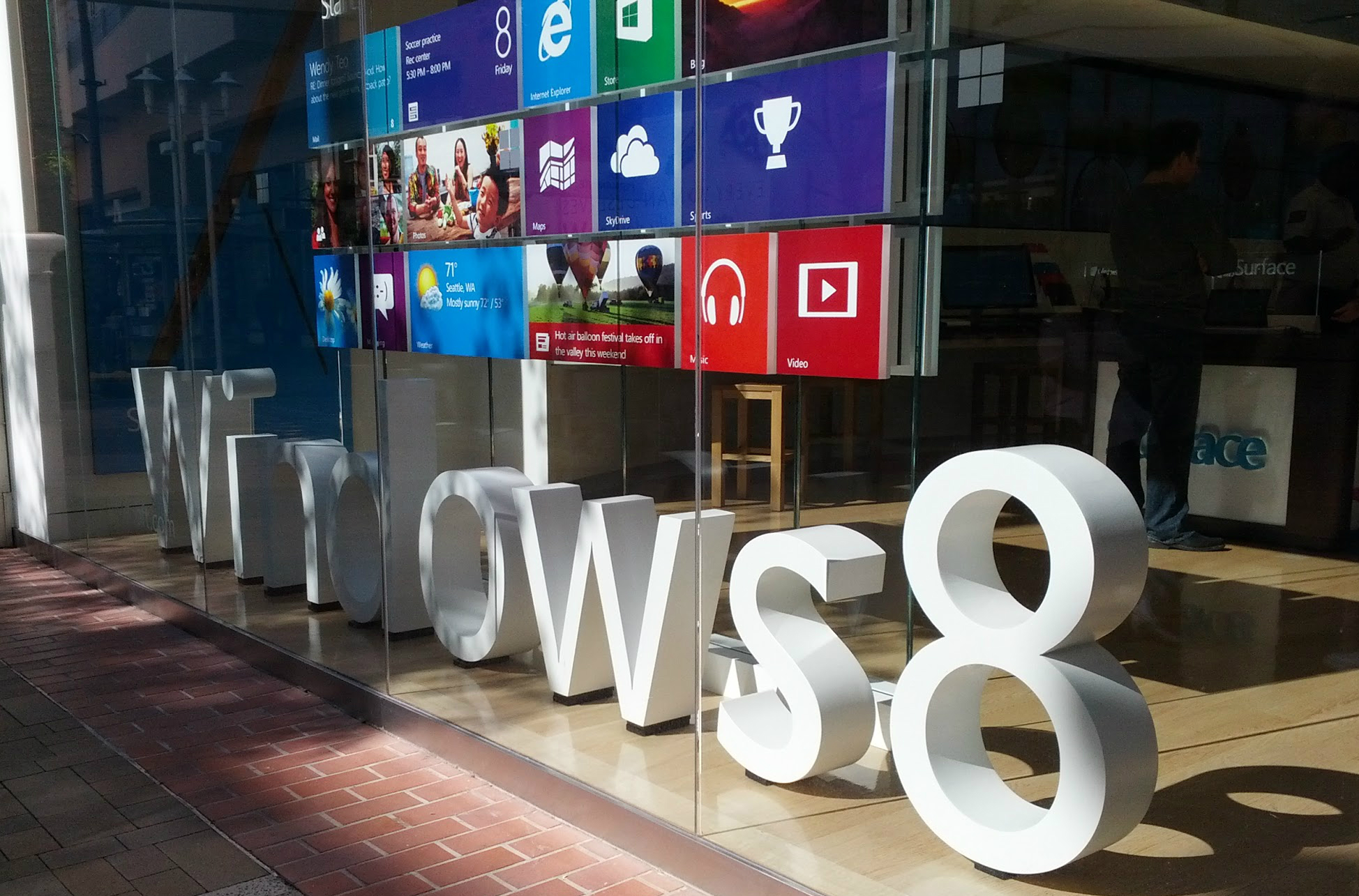
Is Windows 8 already a failure?
Late this morning, Robert Johnson sent me a link to Paul Thurrott story "Windows 8 Sales Well Below Projections, Plenty of Blame to Go Around" -- "Uncertainty could turn Windows 8 into the next Vista". The lead sentence is frightening: "Sales of Windows 8 PCs are well below Microsoft’s internal projections and have been described inside the company as disappointing". Uh-oh.
Robert asked my opinion, and I'll give it. Relax. Slow start isn't surprising at all. I've said for more than a year that Windows 8 wouldn't be big. It's a transitional operating system coming when most businesses just upgraded to Windows 7 or are in process of doing so and when tablets capture consumer interests more.

App -- the first movie that actually encourages you to get your phone out in the cinema
There’s nothing more annoying than someone playing on their mobile phone during a movie. Even if you’re sitting a good distance away, the glowing small screen lights up the cinema like a beacon, making it harder to focus on what’s happening on the big screen.
Forthcoming feature-length thriller App is set to turn what is usually seen as socially unacceptable behavior into a highly social act, encouraging everyone to use their iPhones and Android devices to follow a parallel storyline while the film is playing.

Google TV's killer app is simply amazing
This week, Google brought a little something from ill-fated Nexus Q to Google TV. Even my non-techie wife is amazed, and that's the point. This little something is really big, because anyone can use it and get dramatic benefits.
The new YouTube for Android app installed on smartphone or tablet now acts as a remote control to Google TV, taking interaction far removed and clumsy and making it intimate, fun and easy. If Amazon and Netflix operated similarly -- and the set-top box got Hulu Plus -- I'd cancel AT&T U-verse, baby.
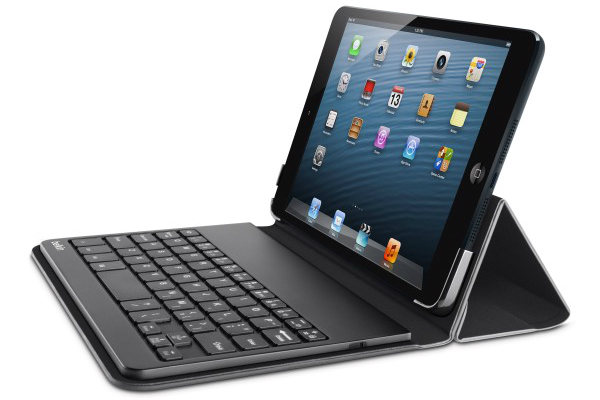
Turn your iPad mini into a really small laptop
If you’ve tried an iPad mini, or just seen one, you’ll know the screen is a decent size and well suited to using like a tablet. It’s not quite so good for using as a laptop/netbook replacement (unless you have really good eyesight or like peering at things in a hunched-over manner), but that hasn’t stopped Belkin from rolling out a portable keyboard folio for it.
The Portable Keyboard Case connects to Apple’s device via Bluetooth and is a scaled down version of the keyboard the company sells for the full-sized iPad. If you’re the sort of person who likes to pretend you’re a giant, you’re going to love it.
